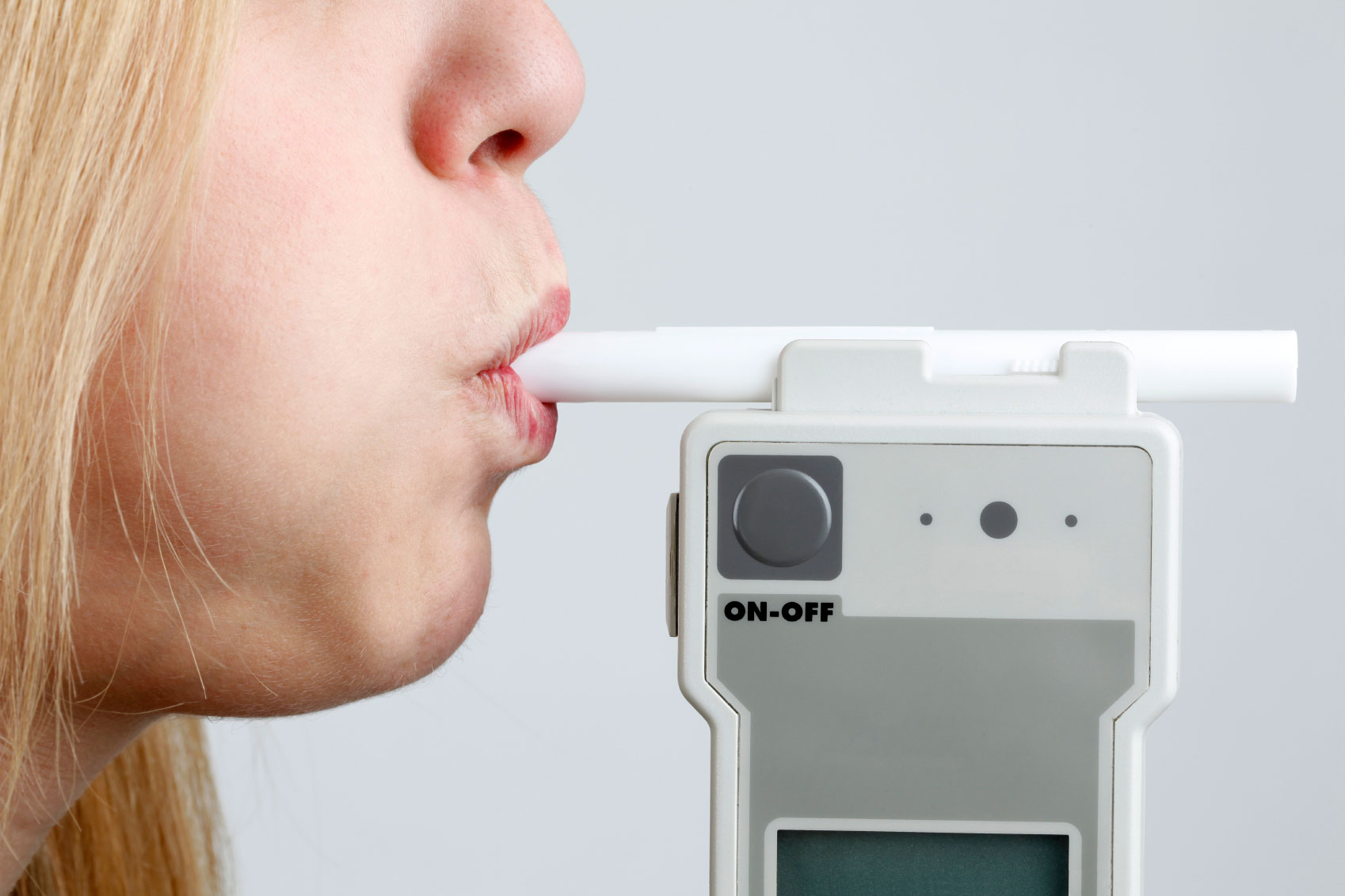DUI Breath vs. Blood Test

The Forensic Toxicology Behind DUI Chemical Tests
Under California law you are only obligated to submit to a chemical test, that is either a breath or a blood test, once you have been lawfully arrested for driving under the influence. Prior to lawful arrest, any test, including a field sobriety test, is completely voluntary. It is highly recommended that you always refuse voluntary testing and demand a blood test, which is properly performed, is the most reliable evidence. However if you are under arrest, California’s ‘implied consent’ law requires you to undergo either a blood test or a breath test. The question on most people’s minds then is which of these tests is preferable. The answer is not straightforward.
The blood test is undoubtedly a lot more accurate as blood alcohol concentration (BAC) is best determined by measuring blood directly, as opposed to breath, which is a proxy for blood or indirect measurement. Biological samples begin changing immediately upon leaving the body, so by the time you have court, a lawyer and know that you can have your blood sample tested, it has already been a month at a minimum, which is too long to wait to test blood.
Another factor that may be relevant is your alcohol level and whether it is rising or falling. When you drink your blood alcohol level continues to rise for a short period after you have stopped. Your blood alcohol level can generally peak between two and six hours according to the leading toxicology textbook, Goldfrank’s toxicologic emergencies. New York: McGraw-Hill Medical, 2011. Depending on whether you are absorbing or eliminating, there are drastic differences in the Toxicologic analysis.
Of course it would be best to abstain from drinking and driving completely, but it is generally legal provided certain requirements are met i.e. you must be over 21, not on probation for a DUI and with a blood alcohol level of not more than 0.08.




